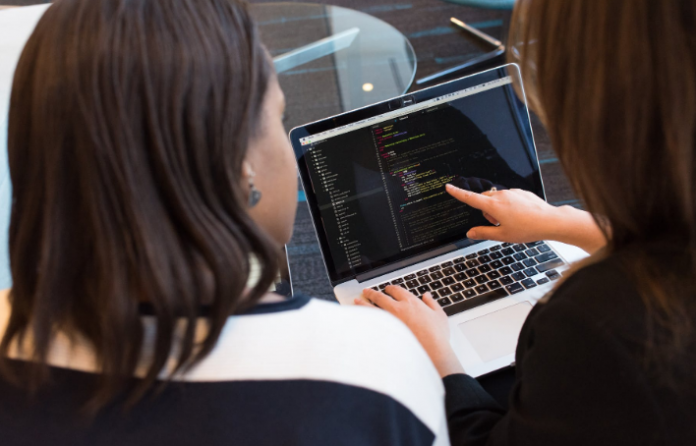The Myths of Software Patents
It is taken for granted that patents help people. While I am not well versed enough on the subject to claim this is true for all walks of life it is certainly not true for software.
Patents, at least U.S. patents, stay in place for twenty years; while in the normal industry this many seem like far too short a time in the software world it is eons.
Software patents are now secret so it is impossible to tell, while you are writing software, whether or not there is a move to make illegal your work.
Further, software patents only cause difficulty for small businesses and smaller companies as well as private individuals because the largest software companies have licensees to use the software of the other large companies; patents serve as a method of providing to the largest corporations domain over all the software written in America.
Patents are expensive; they require both a high fee for patenting the product and as well the expense of hiring lawyers to file for it.
It is also important to understand that a rejection of software patents does not mean that those who write software are left in the dark; copywrites and intellectual property rights would still exist.
The effects of software patents are completely different from the effects of copy write (or copyleft), both of which provide protection to the author of the program (aside from when people choose not to follow the law, but there is nothing software patents or copywriters can do about that).
What software patents do is give to anyone who has successfully completed the patent process now has a weapon; a sort of power to attack those who write software.
Is it a wise idea for the government to grant this power? How is it used? What are some of the real problems with patents?
One big difficulty with patents is the vagarity and ‘patenese‘ of the language. In the United States patent officers have only seventeen hours per patent; when you consider the cryptic language it is written in and the vast amount of relevant material you must contrast it with it is not difficult to understand that there is simply not enough time to do all the work necessary.
This means that you will often see, especially in the software fields, multiple patents on the same item.
This was seen in GIF files, which had two patents on them but also on MPEG2 which had over thirty patent holders in the united states; in fact the amount of time to develop the standard itself (MPEG2) was less than the amount of time for negotiations over how to license it!
Software patents hurt.
They hurt people, they hurt software and they hurt small businesses. When you are in violation of a patent, you have two options; you can either license the software or you can close down your business.
If the patent holder offers you a license then perhaps you can continue on, making less but if they do not offer you a license you must shut down.
In the case of multiple patents, of course, you must pay to all patent holders which will shut down your company quickly.
One such case involves a patent which covered ‘any network of more than one computer that could play multiple games’.
Certainly, this existed throughout the ’80s in universities and other areas but this did not stop the patent holder from shutting down a family business that developed casino games.
Software patents do not hurt large corporations; IBM has 40,000 patents and if there is a licensing war they can fire back far heavier than any other company can fire at them.
The Mega Corporations do not have to pay exorbitant license fees; they cross-license. This underscores the biggest myth: that software patents help the small inventor. They don’t! They help large corporations; they hurt people and society.

